Answering your questions from the Gemini Call
Fabrizio Cannizzo addresses the questions submitted during the Gemini Call on 26th September 2023.
Fabrizio Cannizzo, Chief architect at IOTICS was delighted to participate in the Gemini Call and was eager to take the opportunity to share his insights in addressing the 3 questions submitted at the end of the call.
Question 1
One of the frustrating things with A.I. models is that the IP on the data ecosystem sits with the developer (e.g. Recyclate mapping). This means silo’ing data which could be federated. Is there a global mechanism to collate the data without losing IP for developers?
In decentralised and collaborative ecosystems, retaining intellectual property in data is indeed a challenge. I can see how that could prevent sharing because of fear, hence keeping data in silos. Where possible, technology like IOTICS can be used to reduce the risk of IP loss. For example:
Provide metadata linked to data that defines data utilisation policies.
Selectively share part of the data based on the context of the request.
Adopt mechanisms to share via privacy preserving techniques.
Provide sharing of information and insights by adopting compute-to-code patterns that allow sharing of aggregated or processed data without having to share raw data.
In certain cases it’s also possible to enforce some of the policies and data utilisation rules.
In technologies that promote the evolution of trust, it is about adopting any combination of the above by sharing as little as possible to still get value and the amount of shared data to increase trust between parties.
Question 2
Are there any existing standards for Autonomous Interoperability in other sectors? e.g. banking, healthcare etc?
Standards are present in healthcare (HL7 and DICOM), banking (Open banking, Swift), as well as in transport and utilities. Typically, these networks are specific and established for a single purpose or category of use cases. Additionally, selective sharing outside of these networks can be challenging, if at all possible.
Usually, sharing at the edge is achieved by integrating point to point with each organisation. The model I discussed in my presentation pertains to generic data ecosystems, emphasising the “R” for “reusability” within the FAIR data principles.
The technology not only supports the creation of ad-hoc ecosystems (single use) but also facilitates generic ecosystems where data can be exchanged among parties for multiple evolving use cases.
Question 3
Do you think blockchain/Distributed Ledger technology can help overcome data sharing and trust issues?
DLTs can enhance trust in technology by promoting accountability and transparency in data sharing and transactions, aiding for example, data monetization. However, they are less effective in establishing reputational trust, which typically requires separate methods (typically off-band).
Moreover, they add complexity to systems, especially concerning scalability and transaction costs. Achieving widespread adoption of DLT-based reputation systems may involve addressing technical, regulatory, and adoption challenges.
In closed ecosystems with few parties, blockchain implementation may not be feasible, or it may not be desirable to rely on public ones (Ethereum, etc).
In conclusion, DLTs should be thoroughly evaluated before implementation.
